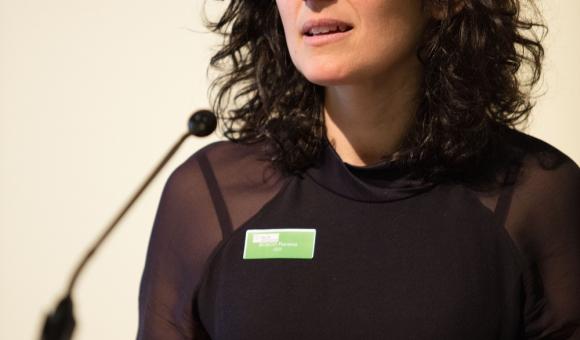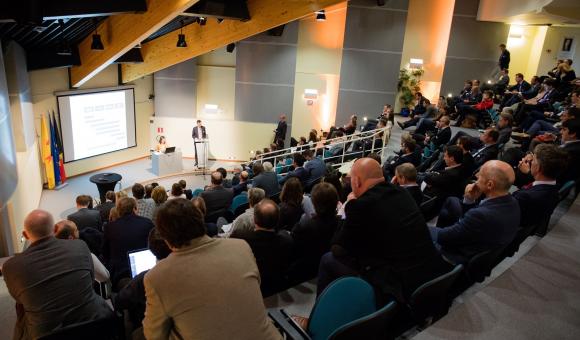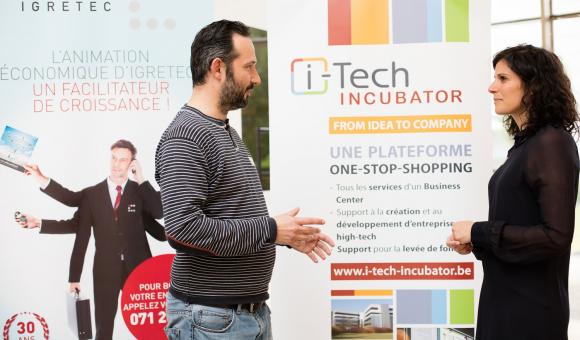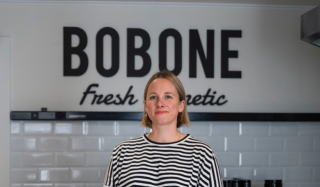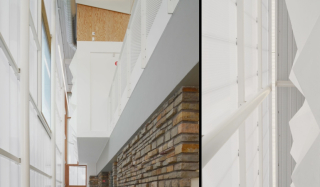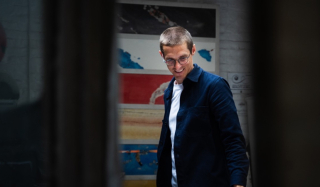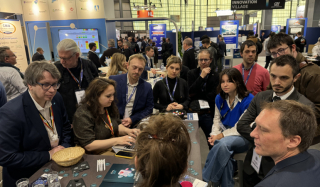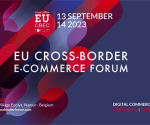
Connecting biotechnology with financial firms, proposing an ecosystem conducive to start-ups; this is the role of the i-Tech Incubator, set up at heart of the Charleroi Biopark.
And not without success. In its 6 years of existence, the incubator has supported 130 projects, creating 15 start-ups. And several foreign companies have settled there, from Canada, Israel, and the Netherlands.
During his visit to the Charleroi Biopark on Monday, 8 May, the Walloon Minister-President Paul Magnette praised the flagship’s success, remarking on the importance of this kind of industrial reconversion in Wallonia and in the Charleroi region in particular. Without masking the areas still to be improved (the number of SMEs per capita, their size and exports), he noted that the primary issues in the biotech sector were growth, consolidation, and international development.
The i-Tech Incubator’s mission is based on four programmes, explains the new director, Florence Bosco, “One for early projects, another for start-ups who already have a CEO. And a third programme that aims to attract foreign start-ups to set up at the Biopark. These companies can enjoy numerous advantages: proximity to research centres, direct contact with financial, economic, and public stakeholders and partners. Lastly, a fourth programme supports these companies in their physical installation at the Biopark”.
Biopark director Dominique Demonté, for his part, has retraced the beautiful history of the Biopark. The ecosystem was launched in 1999, supported by the ULB, European funds, and the Walloon Region. Since then, the ecosystem has experienced four waves of business creation: the first spin-offs from the ULB, other Walloon, Brussels, Flemish and then international start-ups moved in, before being joined by the service companies focused on these start-ups. And a training centre that welcomes 850 people per year. But among this diversity, fundamental research remains the core activity of the Biopark. The three institutes dedicated to it work with immunology, imaging, and cell therapy.
Olivier De Vos (Degroof Petercam) and Philippe Monteyne (Fund+) explain to the participants the financing mechanisms for start-ups, from their creation to the marketing of their products and services.
To illustrate these successes, duo-teams of start-up CEOs and financiers were invited to share their experience with the audience. After a short video presenting their project, they explained how they have collaborated. The diversity of start-ups - whether in their stage of development, their type of project, or in their origin - and that of the investors - who may be public, private, or intervening at different stages of the projects - were able to show the wide range of possibilities offered by the i-Tech Incubator.
The start-ups present were: Antigon, Delphi Genetics, Pluriomics, Iteos, Bone Therapeutics, and Univercells. At the investor level were Theodorus, Sambrinvest, Vesalius Biocapital, Ludwig Institute for Cancer Research, Degroof Petercam, and the Bill and Melinda Gates Foundation.
One can’t help but notice the vitality and dynamic created by the i-Tech Incubator. The objective moving forward is to transition from the current model into a Seed Accelerator, to finance the acquisition of specific skills and to take shares in the growing start-ups.
